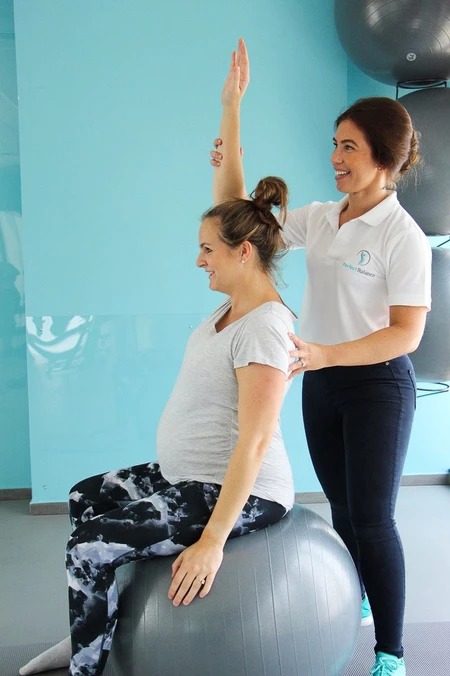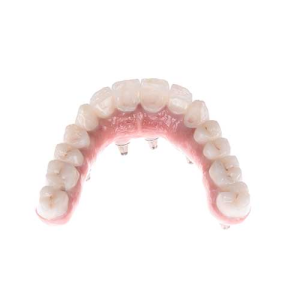
Women are especially vulnerable to several health issues. Preventative care is a good way to avoid many of them. Other ways to improve a woman’s health include a balanced diet, regular exercise and maintaining healthy interpersonal relationships. These are just a few of the most important aspects of women’s health. To learn more about improving your health, visit the women’s health center in Abu Dhabi to seek professional help.
Preventative health care:
Clinical preventive care is essential for promoting health and preventing illness, but women often lack access to such services. Preventive health services are also not covered by all health insurance plans. Increasing access to these services is a long-standing public health goal. Moreover, these services are cost-effective and help women stay healthy, save lives, and reduce the disease burden.
Nutritional deficiencies:
As a mother, a woman is often tasked with meeting her children’s and family’s nutritional needs while managing her own schedule. Women’s dietary needs differ from those of men, and women must receive nutrient-rich food for optimal health and development. In addition, a woman’s hormone levels change every 10 years, making it important to get enough nutrients during all phases of her life.
Physical activity:
Physical activity during pregnancy has many benefits. It reduces the risk of obesity and comorbidities and increases the chances of achieving and maintaining a healthy pregnancy. Furthermore, it can improve a woman’s overall health and prolong her life. Therefore, it is essential to encourage a woman to start her pregnancy with an active lifestyle.
Mental health:
Women’s mental health is an integral part of their physical and reproductive health. The many responsibilities of motherhood, career, and family may lead to increased stress and vulnerability to mental disorders. Fortunately, women can take action to improve their mental health. The first step is to acknowledge that help is needed. This can be difficult for women, as societal pressures and expectations may prevent them from seeking treatment. However, the health care industry is learning about the unique needs of women suffering from mental illnesses and developing support services. With accurate information and treatment options, women can regain a fulfilling life.
Fertility declines from age 30 until age 45:
Fertility declines for women in their late 20s and 30s, and the decrease is more rapid in the mid-thirties. By age 45, it can be nearly impossible to conceive a child. This condition is known as age-related infertility. Women with this condition may have other medical conditions that make pregnancy more difficult.







